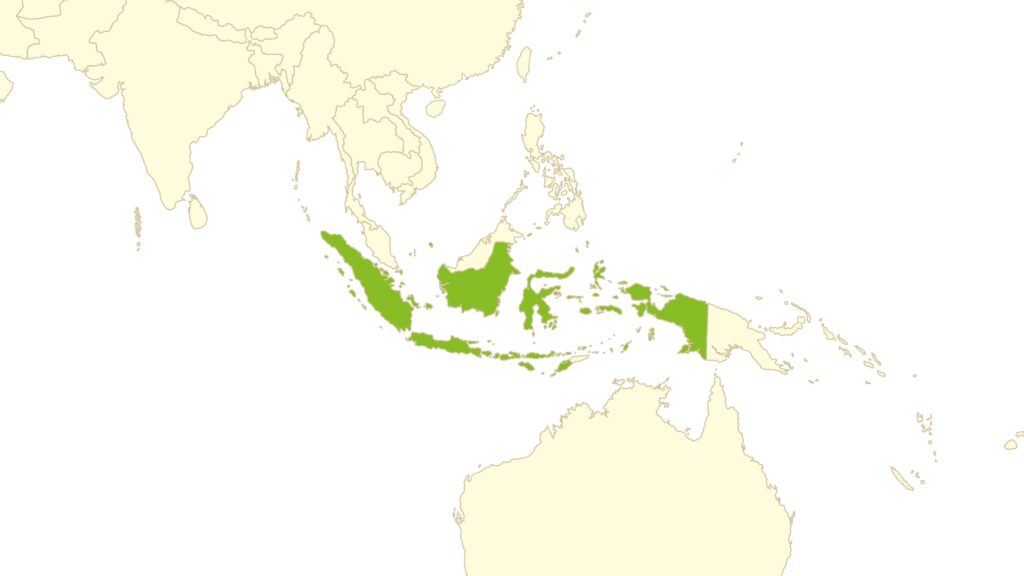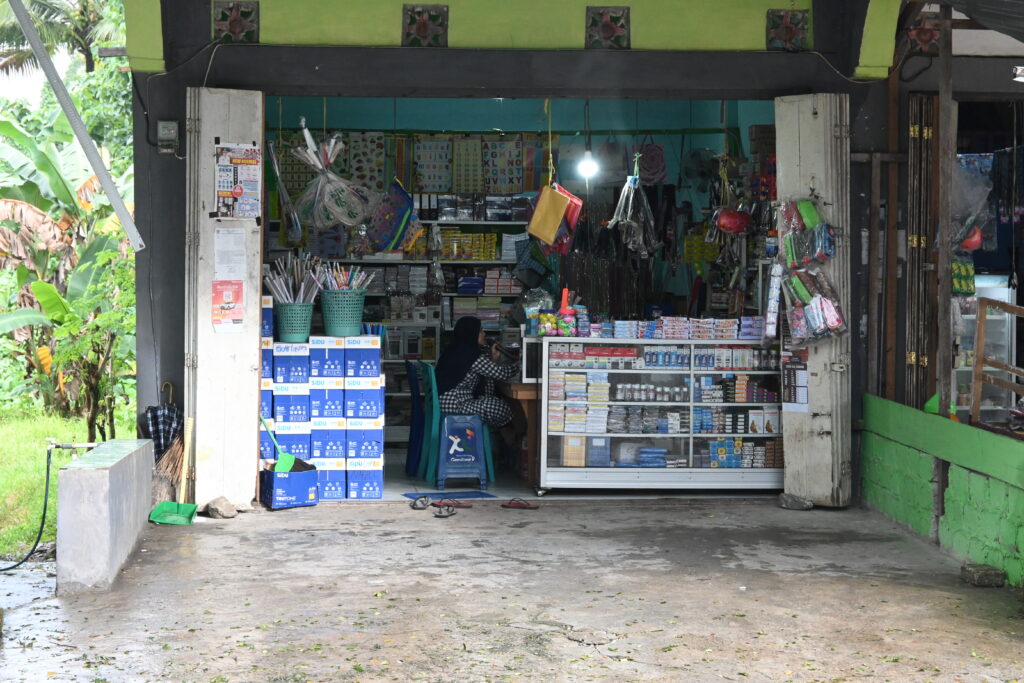Indonesia
Commitment for Children, Young People and Parents

Situation report
One day, Anugerah’s Indonesian partner receives a call from Meli. She is very excited and tells him she wants to show him something. It’s a surprise. Meli’s children attend the preschool run by Anugerah’s partner. Meli also attends the evening classes offered to the parents of the children in the programme. At these monthly meetings, practical skills for everyday life are taught. Parenting issues are discussed, hygiene and health questions are addressed, and financial competences are imparted. In the reporting year, one focus of these courses was generating income by starting a small business. Concepts such as cost recovery and business plan were taught in simple lessons.
Meli asks the partner to come and visit her new business. She was inspired by the evening classes and has set up a small kiosk. She has raised some capital from her family and friends and with it she has built a small hut and bought her first products. The first few months have been successful. Meli’s example has also encouraged others. They see that it is possible to build up a business and that it can be worthwhile.
In addition to the educational work with the children, the support with administrative procedures and the courses for adults, the partner’s team also focused on working with children with disabilities. There is a great need for this, as children with disabilities receive no help in the villages where the partner works. The resources only allowed for selective assistance, but efforts are being made to strengthen this area of work.
Anugerah’s second partner continued to offer higher education at 6 locations. In the reporting year, 62 young women and men completed their education. Virtually all of the graduates were able to find a job and enter the workforce. As the number of new students was lower than the number of graduates, the total number of students was slightly lower than in the previous year. 262 women and men were enrolled in the courses in 2024.
During the reporting year, the schools’ accreditation was renewed by the Indonesian government. Due to changes in legislation, a new application process was required. This change also brought with it a degree of uncertainty as to which requirements would now be decisive. However, the process was successful and the recognition has been secured for the next few years.

